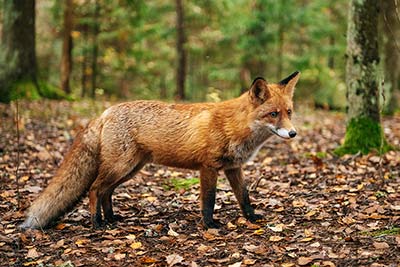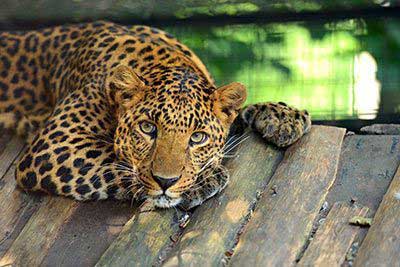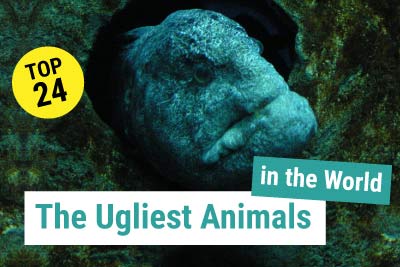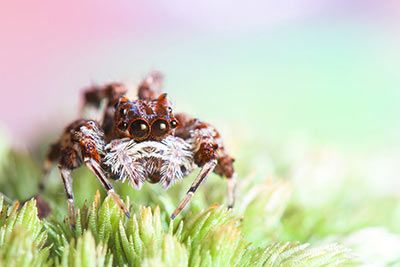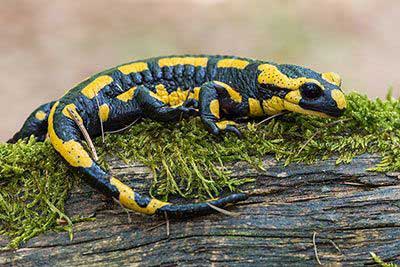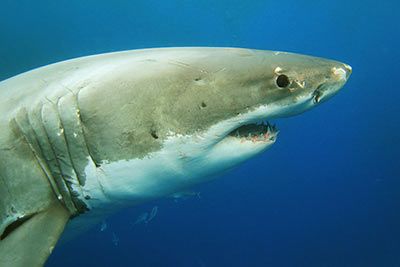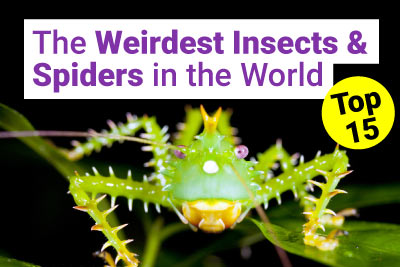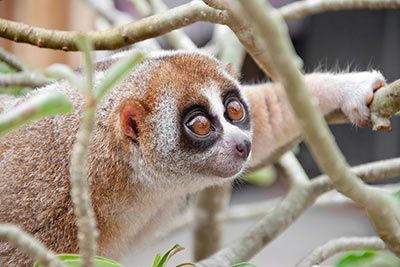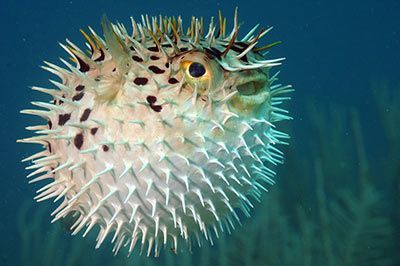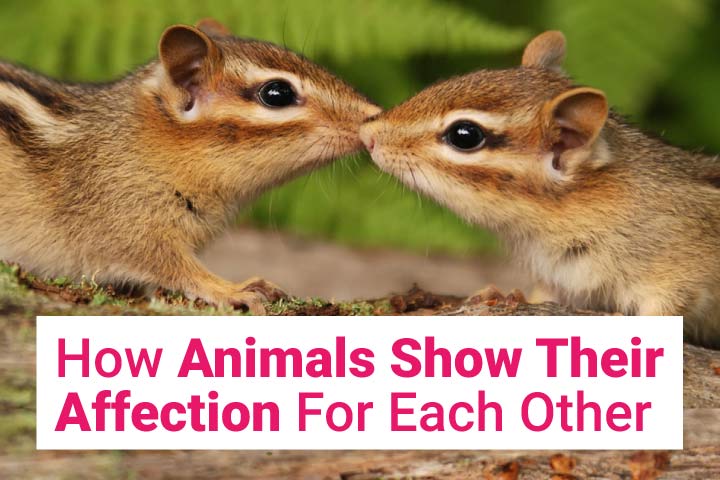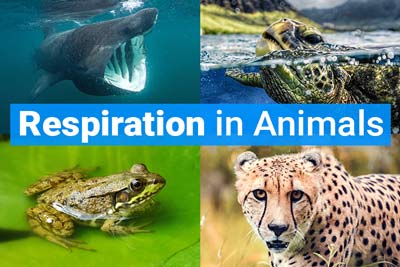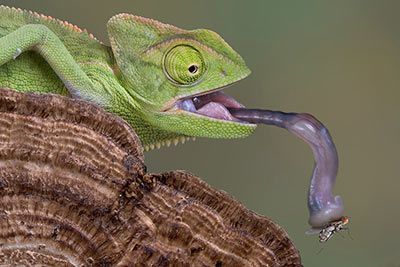True or False?
We'll tell you if these proverbs and sayings about animals are true!
Elephants are scared of mice, cats have nine lives and ostriches stick their heads in the sand. There are lots of things that are believed to be true but that are completely false. animalfunfacts.net goes myth busting.
• Elephants are Scared of Mice
It’s a funny thought - a huge elephant scared of small, harmless rodents like mice and flipping out if they see one. It’s said that elephants are afraid of the mouse crawling up their trunks. But this is nonsense, plain and simple.
Bernhard Grzimek (a popular animal filmmaker and zoologist) put the theory to the test. He put a mouse right in front of an elephant’s nose. The elephant stuck its trunk out, sniffed the little thing with curiosity and... stomped on it (sadly). A shame for the mouse but the myth was finally put to rest. The elephant was not scared.
• Bulls see red
The bullfighter uses red fabric to irritate the bull. The bull snorts, stomps at the ground with his hooves and runs wildly towards the red. But it’s not the color that annoys them: bulls are "red colorblind". Their eyes are different to ours and cannot see red as red.
So why do the bulls attack the bullfighters? They react to the fluttering fabric. It taunts them and they run at it in anger. This is mostly because the animals are badly treated so they step into the arena in a bad mood.
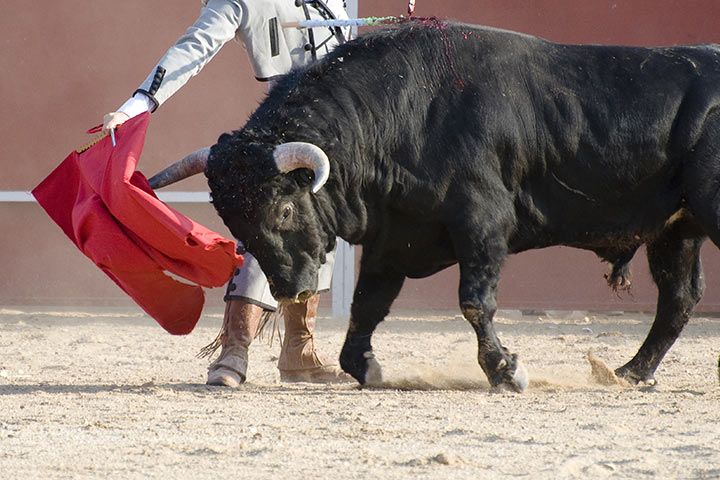
• Cats have nine lives
You could do so much with nine lives! There are lots of different opinions about where this saying came from. Most people say: cats always land on their feet and can survive great falls. But why is it nine and not two, three or infinite lives? There’s theory: in Ancient Egypt, the Pharaohs used cats as food tasters. One meal mostly consisted of nine dishes and the hot climate meant that one or two had often gone bad. The rule of thumb was: if the cat keeps their paws of a dish, you should too.
Cats were holy animals in Ancient Egypt and were honored as gatekeepers between the worlds of the living and the dead. If someone caused the death of a cat, they would be punished by death. And if a cat died, all the residents of the house would shave off their eyebrows. Therefore, it’s questionable if they were used as tasters as there was the risk that they would die.
• Ostriches stick their heads in the sand
If they’re in danger, ostriches stick their heads in the sand. If they can’t see the threat, it’s not there. That would be pretty handy. This myth is based on several different ostrich behaviors. When they’re in danger, for example, they sit on the ground with their head tucked into their bodies and freeze ...
From a distance, the ostrich looks like a rock, or an ostrich with its head in the sand. And if you see an ostrich from a distance pecking on the ground, it might look like its head is in the sand. But: ostriches don’t peck at sand - why would they? They peck at tasty grass.
• It takes seven hornet stings to kill a horse
... and three to kill a human. Let’s just hope that hornets can’t count and that they don’t all have a bad day at once. The hornet’s sting is more painful than that of the bee and the wasp, and can cause serious allergic reactions. Stings in the mouth or throat are especially dangerous, as the airways can swell up and the person can’t breathe.
But their stings aren’t deadly on their own. Quite the opposite. Hornet venom is considerably weaker than bee or wasp venom. Hornets only have a bad reputation because they’re so big and loud, so they seem more dangerous. A human’s skin would have to be stung by hornets several hundred or thousand times to die from it.

